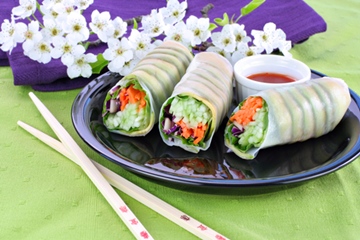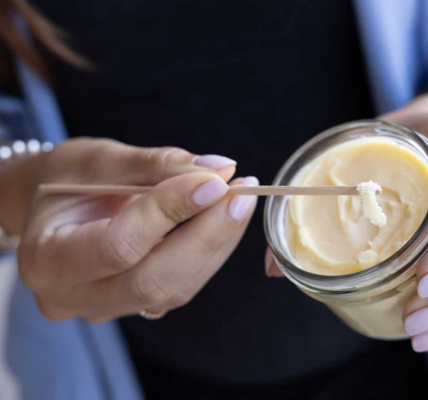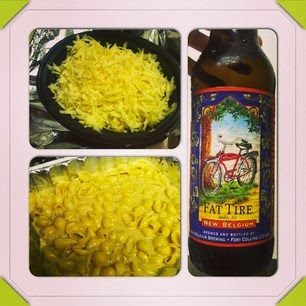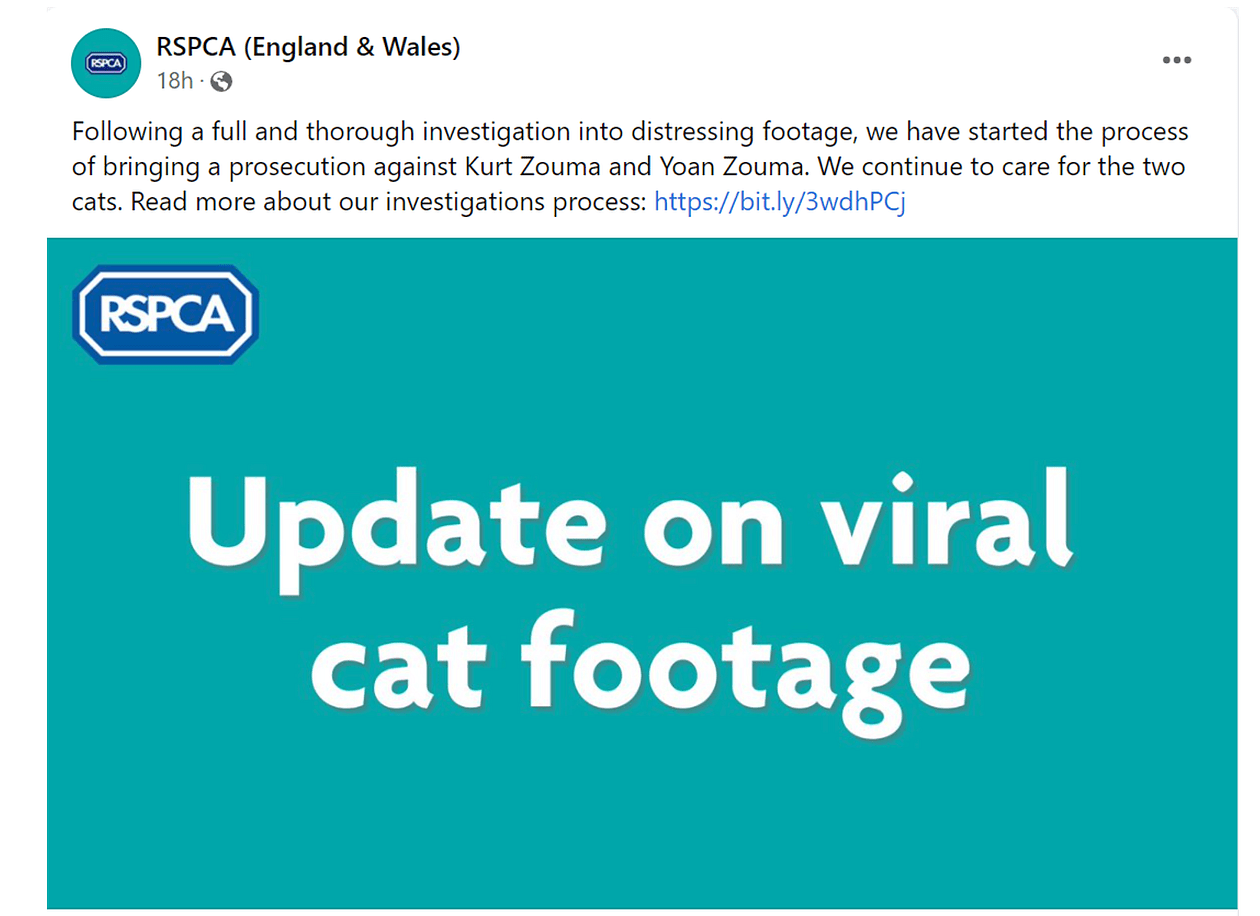Is Vegan Healthy – Vegan Diet Tips And Advice –
Those who choose to adopt a vegan diet often encounter questions and criticism. It usually comes from well meaning family and friends, who are just concerned about your health and well being and who may have a few misconceptions regarding veganism. Here Are 5 Common Vegan Myths :
Vegan Myth No.1 : Humans Need To Eat Meat To Be Healthy
This is not true at all… in fact eating meat increases the risk of three of mankind’s biggest killers, heart disease, cancer and strokes.
The American Dietetic Association (ADA) states that “Well planned vegan diets are healthful, nutritionally adequate and may provide health benefits in the prevention and treatment of certain diseases.”
According to ADA’s position. “Vegans tend to have a lower body mass index and lower overall cancer rates. Vegan diets tend to be lower in saturated fat and cholesterol and have higher levels of dietary fiber, magnesium and potassium, vitamins C and E, folate, carotenoids, flavonoids and other phytochemicals. These nutritional differences may explain some of the health advantages of those following a varied, balanced vegan diet.”
Vegan Myth No.2 : A Vegan Diet Doesn’t Provide Enough Protein
Vegans have no trouble at all getting enough protein…
Good sources of protein include :
Nuts such as almonds, cashews, pistachios and walnuts.
Seeds such as sesame, sunflower and pumpkin seeds.
Legumes which includes beans, lentils, peas, chickpeas and peanuts.
Whole grains such as brown rice, barley, quinoa and whole grain breads.
Soy Foods such as edamame, tofu, tempeh, soy milk and soy meats.
Vegan Myth No.3 : A Vegan Diet Doesn’t Provide Enough Iron
Studies have shown that iron deficiency anemia is no more common among vegans and vegetarians than it is amongst the general population.
One of the reasons for the satisfactory iron levels among vegans is the fact that their diets are naturally high in vitamin C. Vitamin C increases iron absorption. Many vegetables such as broccoli, spinach and bok choy are high in both iron and vitamin C.
Good sources of iron include :
Beans, peas, lentils, fortified cereals, dried fruits, dark leafy greens and whole grains.
Vegan Myth No.4 : It’s Expensive To Be Vegan
Going vegan doesn’t have to be expensive at all. For starters red meat, poultry and fish are all more expensive than plant protein. There are lots of cheap protein sources for vegans such as beans, lentils and tofu.
If you steer clear of too many processed foods such as faux meats and soy cheeses, you can in fact eat fairly inexpensively.
Here are some tips to help you go vegan on a budget :
Buy things such as nuts, grains, seeds and dried fruit in bulk.
Get your fresh fruit and vegetables from farmers markets.
Buy frozen veges too, which can often be cheaper than fresh.
If you can, start your own vege garden!
Stick as much as possible with whole foods and prepare your own meals from scratch.
Vegan Myth No.5 : It’s Too Hard To Follow A Vegan Diet
Going vegan has many great benefits but it can seem intimidating to begin with.
The best way to start is with simple whole foods and simple recipes.
Buy plenty of fruit, vegetables, legumes and whole grains. Also find a good fortified soy or rice milk. Plus nuts, seeds and dried fruit.
Some simple meal ideas are :
Vegetable stir fries served on brown rice.
Home made pizzas piled with vegetables and soy cheese.
Homemade vegetable soups served with wholegrain bread.
Pita pockets stuffed with salad ingredients or veges.
Salads packed with leafy greens, capsicum, red onion, carrots, beetroot… anything you fancy. And don’t forget to add legumes such as lentils or chickpeas for protein.
Bran flakes mixed with nuts, dried fruits and soy milk.
Smoothies are great too… you are only limited by your imagination.
Probably the hardest thing about going vegan is that animal products pop up in some unexpected places… such as marshmallows, alcohol and shampoo.
You can find a comprehensive list of hidden animal ingredients here :
It’s a good idea to take the list with you when you go shopping.
You will be okay if you stick mainly with unprocessed whole foods and then just carefully read the labels of processed food, such as bread and cereals. In time you will get used to what products you can buy.
If you are considering going vegan and need a bit of help, you will find a great article here :
=> 10 Tips To Help You Go Vegan
Debbie
IsVeganHealthy.com
Photo By : © Rosemary Buffoni | Dreamstime.com
Incoming search terms:
- common misconceptions of vegans
- common vegan misconceptions
Share and Enjoy
• Facebook • Twitter • Google Plus • LinkedIn • Delicious • Digg • StumbleUpon • Reddit • Pinterest • RSS
(c) Is Vegan Healthy – Vegan Diet Tips And Advice – Read entire story here.










